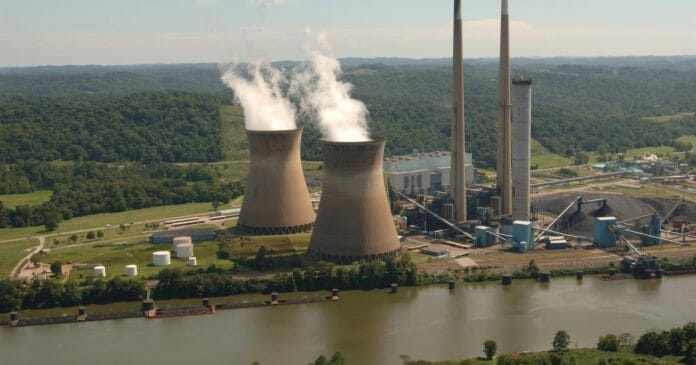Singapore has not made any decision to deploy nuclear energy yet but must keep its options open and build expertise in the area, Ministry for Trade and Industry Gan Kim Yong said on Monday (Oct 23) during the Singapore International Energy Week.
Mr Gan said on the first day of the annual event that Singapore was exploring low-carbon energy sources, including hydrogen and nuclear energy.
The use of nuclear energy was one of three possible scenarios previously set out by Singapore in its Energy 2050 Committee Report released last year. The report identified nuclear energy as a potential power source to achieve net-zero emissions by 2050, with this form of energy potentially able to supply about 10 per cent of the country’s needs.
However, Mr Gan stressed that Singapore had yet to make a decision about nuclear energy. Instead, Singapore has been growing its capabilities in nuclear safety, emergency preparedness and response.
Singapore conducted a pre-feasibility study on nuclear energy more than 10 years ago which concluded that technologies available then were not suitable for deployment in Singapore, the minister said.
“But we need to build capabilities to understand advanced nuclear energy technologies that are becoming safer and have the potential to be cost competitive, this way we can study the options seriously when these newer technologies become viable.”
He noted growing interest in nuclear energy from other countries in the region.
To better equip itself, Singapore has been engaging international organisations such as the International Atomic Energy Agency (IAEA) and worked with neighbouring countries to “facilitate information-sharing” and “collectively build up the region’s capabilities”.
The government is also studying advanced nuclear technologies and their suitability for Singapore. One example is small modular reactors, which Mr Gan said showed promise in being safer than conventional large-scale reactors.
Small modular reactors are designed to cool safely and passively without requiring external systems or operator actions during emergencies, Mr Gan added.
“We will deepen our collaboration with countries that have capabilities in small modular reactor technology to strengthen our understanding of these technologies









